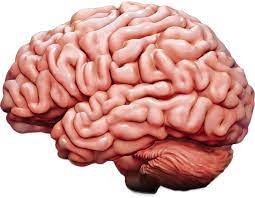
The human brain is a marvel of complexity when it comes to processing and storing memories. Memory formation involves a multistep process that begins with the encoding of sensory input into short-term memory. However, it is the subsequent consolidation process that transforms the short-term memory into a more stable long-term memory.

This consolidation occurs through the strengthening of neural connections and the formation of new synapses, a process heavily influenced by the brain's limbic system, particularly the hippocampus. Emotions play a key role in the formation and retention of memories.
Studies have shown that emotionally charged events tend to leave a deeper and more lasting impression on people than neutral experiences. The amygdala, a key player in emotional processing, facilitates the consolidation of emotionally meaningful memories and prioritizes them for long-term storage.
In addition, the emotional excitement during an event can also lead to the release of stress hormones like adrenaline, which can further improve memory. The impact of emotions on memory is not limited to initial encoding; it also affects memory. Emotions can serve as cues for retrieval by activating recall of associated memories.
Positive emotions, such as joy, can enhance memory retrieval, while negative emotions, such as fear or trauma, act as a protective mechanism, sometimes resulting in memory suppression or fragmentation.




 click and follow Indiaherald WhatsApp channel
click and follow Indiaherald WhatsApp channel